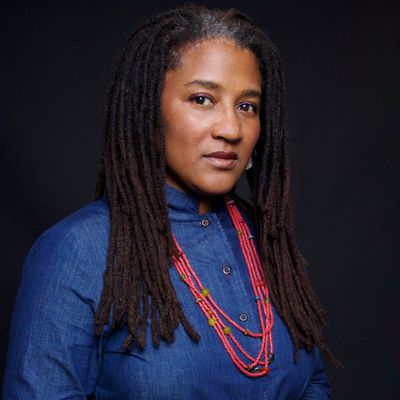Hey y’all, what’s up? In this episode, we dive into the magical world of Lynn Nottage's creative secrets! Ever wonder what goes on in the mind of a Playwrighting legend? Join me, Salisha Thomas, as I chat with the incredible Lynn Nottage, a two-time Pulitzer Prize-winning playwright whose works like "Sweat," "MJ The Musical," and "Intimate Apparel" have graced stages worldwide. We explore Lynn's journey from aspiring journalist to renowned playwright, discuss her fascinating writing process, and how she navigates the highs and lows of the theater industry. Lynn shares personal insights into her life, her inspirations, and even how her beautiful locs came to be! If you love Broadway, performances, and conversations around hair and inspiration, this is a conversation you don't want to miss. Hit subscribe and come on the ride as we unravel the stories that make Lynn Nottage a true icon in the world of theater and beyond.
CHAPTERS:
00:00 - Intro
02:52 - Writing as a Career
07:11 - Writing Process Insights
11:05 - Idea Generation Techniques
12:26 - Character Development Insights
13:59 - Impact of Awards on Writing
20:03 - Character Appearance Considerations
21:33 - Personal Hair Journey
30:47 - Sources of Inspiration
32:08 - Diversity in the Industry
35:18 - Favorite Written Works
36:39 - Legacy Aspirations
38:27 - Current Passion Projects
41:40 - Outro



